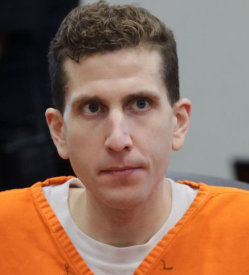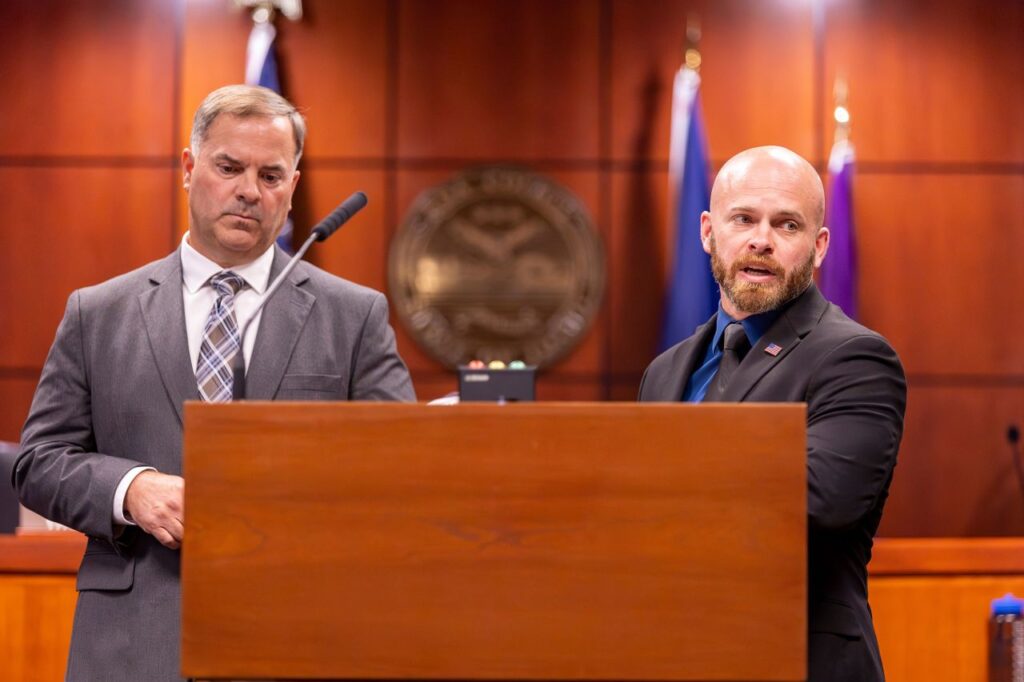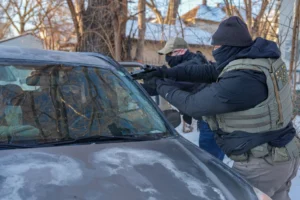Bryan Kohberger Idaho murders sentencing marks a pivotal moment as the admitted killer of four University of Idaho students receives the maximum prison terms, prompting raw emotional impact statements and lingering questions about motive. On July 23, 2025, 30‑year‑old Kohberger was handed four consecutive life sentences plus a decade behind bars and a hefty fine. The courtroom in Boise resonated with grief, rage, and a quest for closure.
Life sentences and legal closure

Judge Steven Hippler sentenced Kohberger to four back‑to‑back life terms without parole and an additional 10 years for burglary, alongside roughly $270,000 in fines and restitution.Kohberger had pleaded guilty on July 2, avoiding the death penalty and waiving appeal rights as part of a plea deal. Though he “respectfully decline[d]” to speak, the judge denounced the killings as “senseless” and underscored Kohberger’s failure to show remorse.
This sentencing keeps Kohberger behind bars until he dies, providing legal closure but stopping short of resolving the emotional wounds inflicted on families and the Moscow community.
Heart‑wrenching victim impact statements
Family and friends of the victims delivered powerful statements in court. Benjamin Mogen, father of Madison Mogen, broke down reading her last Father’s Day card, reflecting both pride and unbearable loss. Ethan Chapin’s parents, however, chose to remain outside the courtroom, finding “big‑time closure” in the plea itself. Their decision highlighted divergent paths families take to heal.

Surviving roommate Dylan Mortensen also addressed Kohberger, calling him “a body without empathy or remorse”—a rare direct confrontation from someone who saw the masked killer that night.
Court documents reveal gruesome aftermath
Newly released police reports describe horrific details. Xana Kernodle suffered over 50 stab wounds during a desperate struggle; Kaylee Goncalves’ face was so badly disfigured it initially went unrecognized. The brutality was so severe that surviving roommates first deferred to disbelief.
Additional documents reveal signs that trouble was brewing: around a month prior, Kaylee reported seeing a stranger watching the house, and a door was found unhinged days before the attack—indicating possible pre‑crime surveillance.
Evidence and motive remain murky
Despite overwhelming forensic proof—knife‑sheath DNA, surveillance footage, mobile‑phone records, and online purchase trails—no clear motive emerged. State Police acknowledged their failure to establish any personal or ideological link between Kohberger and the victims.
The plea meant no full trial, so unsaid evidence, sealed documents, and unanswered questions linger. Experts warn that this silence may give Kohberger the ability to control his narrative from behind bars.
Community response and healing efforts
The college town of Moscow and the University of Idaho community have begun the long process of healing. The murder house was torn down in December 2023, and a “Vandal Healing Garden” now stands on campus to honor the four lives lost.
Local leaders, including Moscow’s mayor, expressed relief at avoiding a drawn‑out death‑penalty trial, saying it offered quicker emotional resolution. But families, particularly Kaylee’s, criticized the system for trusting a plea that denied them full transparency.
In‑depth background
On November 13, 2022, early morning, Kohberger broke into 1122 King Road in Moscow, Idaho. He brutally stabbed roommates Kaylee Goncalves, Madison Mogen, Xana Kernodle, and Ethan Chapin while they slept. Two female roommates survived by hiding.
He was arrested December 30, 2022, in Pennsylvania with critical evidence linking him directly to the crime—including DNA on the sheath of a Ka‑Bar knife, surveillance clips of his Hyundai Elantra, cell‑tower pings, and online purchase history. The Guardian
Kohberger, a former WSU PhD student in criminology, had no prior criminal history. His academic interest in burglary and criminal decision‑making drew retrospective scrutiny; classmates noted physical injuries (scratches on face and knuckles) in the weeks before arrests—brushed off as unrelated accidents. ABC News
Documentary, healing, and future questions
The unfolding aftermath continues amid media reflection. “One Night in Idaho: The College Murders,” a four‑part documentary premiered July 11, 2025, on Amazon Prime—featuring victim families and survivor roommates, though some chose to remain private.
The series critiques internet sleuths, bail‑bond speculation, and sensationalism—and asks whether true justice demands discovering motivation or whether life‑term imprisonment suffices.
Conclusion
Bryan Kohberger’s sentencing marks the end of his legal journey but not the emotional one. Families are left with relief marred by unanswered “why”s. The Moscow community is rebuilding, with the Healing Garden and memorial scholarships offering tribute opportunities.
Yet, without a full trial, much remains behind closed doors. The sealed documents, silenced testimonies, and absent motive continue to fuel discourse—and underscore how justice systems balance closure with open wounds.
Finally, a measured verdict emerged: life sentences ensure Kohberger will never face the victims or re‑enter society, but the echo of his actions will reverberate through families and the community for years.
Subscribe to trusted news sites like USnewsSphere.com for continuous updates.





